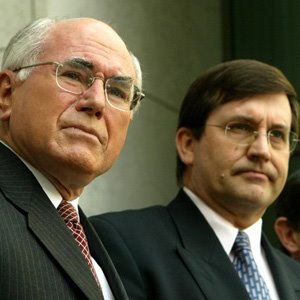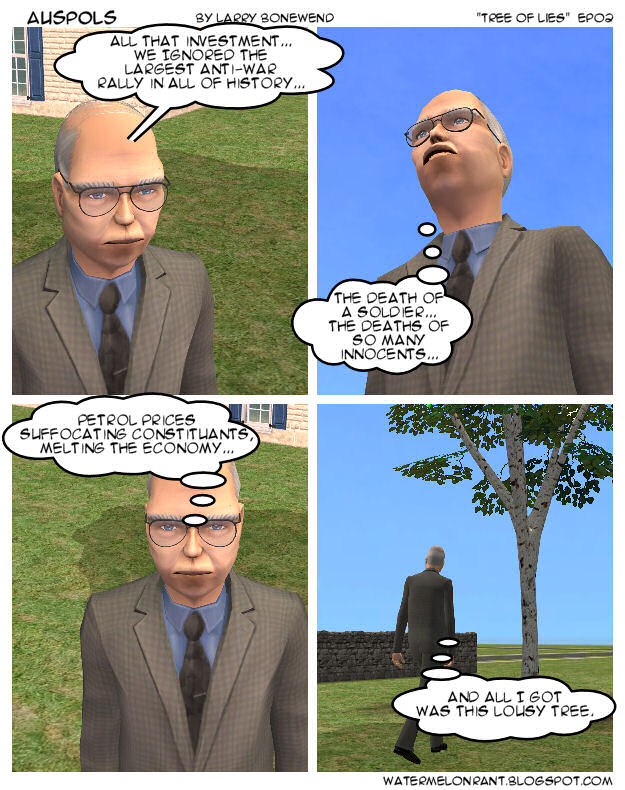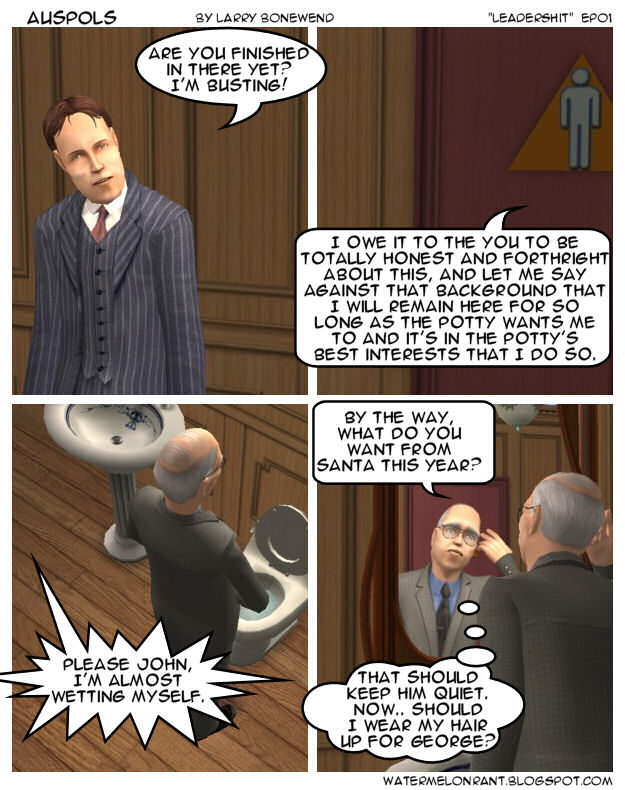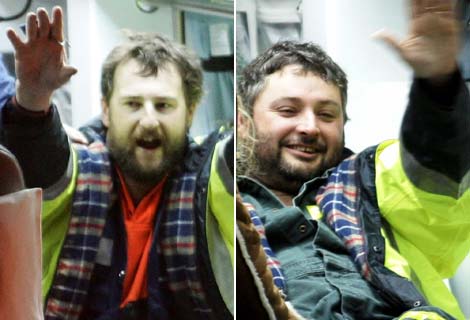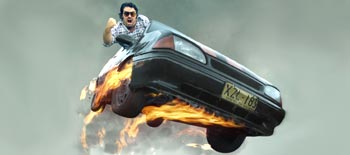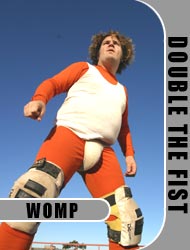Jake Kovco.
Larry Knight.
Richard Carleton.
The miner's are free. Normally, the miner's sit in a confined space under a kilometre of rock to work, and are free to exit the mine at any time, although depending on the particular time, they may lose their jobs. But in this case, they were even less free to leave, but the level of confinement and the distance of rock above them generally remained the same. But the new superstars are free, and now have a difficult recovery process, including many, MANY cheque's from journalists which require cashing, many, MANY interviews, and consultation with script writers on the telemovie that almost-but-not-quite remotely resembles the incident.
And, y'know, catching up with friends/family and whatever psychological healing process that is possible in between the media giants bombardment of inane questions. The rescue effort itself shows a great regard for the value of human life. As opposed to, say, China (who should be doing some of the mining in Australia in the future) where human life is considered as an economic value to be compared to the cost of a rescue effort.
Those miners had an important, some might say vital purpose in their duties.
Shiny things.
We all love shiny things. They reflect light in a way that is uncommon amongst most dry objects in our daily life. Unless you work in a jewellery shop, then they may lose some of their lustre. Sometimes, like gold, diamonds, etc, they have an amazing property that makes them incredibly useful for practical purposes - high conductivity, low resistance, incredibly hard. This is usually a side benefit, and not viable because the price goes up due to the fact they are shiny.
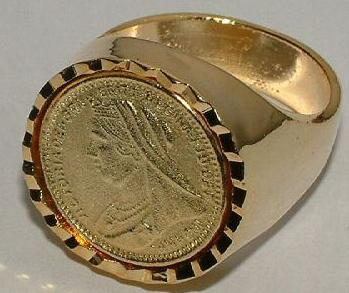
Shiny
The rescue has incited the first incident of a 'free beer' sign in front of a church - something that many had thought would have been a last resort to rebuild the numbers in the future.
But, there is a sad story to be told. The names above, Kovco, Knight and Carleton, all have something in common. They passed away whilst at work.
This is sad, but some in this country are not overly concerned, because many are paid extra to compensate for the chance of death, and 'they knew it was a dangerous job.' (And yes, I chastised them.)
Some sort of incentive needs to be devised to reward those who almost-but-not-quite die at work, the number of which seems on the increase, but seems still proportional to those who do not live to clock-out. Working until death is encouraged by the Howard government, as long as it does not provide an inconvenience for the employer through a workcover premium rise.
This rise is best avoided by avoiding dying at work.
Refusing to perform dangerous work and having respect for health and safety regulations may have serious financial repercussions, so some other method of death dodging needs to be devised.
I propose the following: an Almost But Not Quite Death At Work award. The miners for example, could maintain their will to live by looking forward to the award and the accompanying ceremony, whilst still performing work that may have been causing dangerous earthquakes. Other workers in the industrial accidents that WorkChoices encourages increases in, may find further reason to stay away from the light at the end of the tunnel if they get a nice, and most importantly, shiny medal. This award will also confuse those new workers who haven't actually heard of the other wage-related awards (mostly because they haven't read Australian history books.)
Mmmm... cynical.
During this blog post, a fisherman drowned, and there has been a reported casualty in a South Australian munitions factory.
